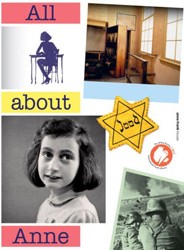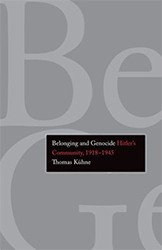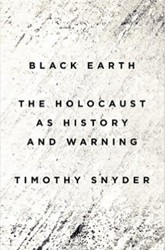By
– August 25, 2011
My father-in-law and two of his brothers survived the Holocaust and immigrated to the United States in the late 1940’s. My uncles did not hesitate to talk about what happened, but my father-in-law was very reluctant to discuss his time in Europe. His fear of being far from his home stemmed, I’m sure, from his experiences in the war. Many other survivors suffered from far worse physical and psychological scars.
The collection of people known as “Holocaust survivors” begat several long-term studies regarding the effects of this unspeakable crime. Cadaverland attempts to look at, in historical context, the last 60 years of the psychiatric medical literature and research of this unique population. This volume mostly centers on the French medical community and their psychological studies of Holocaust survivors. It is a unique and often overlooked perspective on a historical period that has been evaluated in numerous other avenues.
The text is well written, scholarly, and authoritative. The book goes beyond the survivor to include the impact on families as well. Anyone interested in the psychological aspects of trauma will find this volume a worthwhile read.
The collection of people known as “Holocaust survivors” begat several long-term studies regarding the effects of this unspeakable crime. Cadaverland attempts to look at, in historical context, the last 60 years of the psychiatric medical literature and research of this unique population. This volume mostly centers on the French medical community and their psychological studies of Holocaust survivors. It is a unique and often overlooked perspective on a historical period that has been evaluated in numerous other avenues.
The text is well written, scholarly, and authoritative. The book goes beyond the survivor to include the impact on families as well. Anyone interested in the psychological aspects of trauma will find this volume a worthwhile read.
Paul M. Arnold, MD, is professor of neurosurgery and director of the Spinal Cord Injury Center at the University of Kansas.




